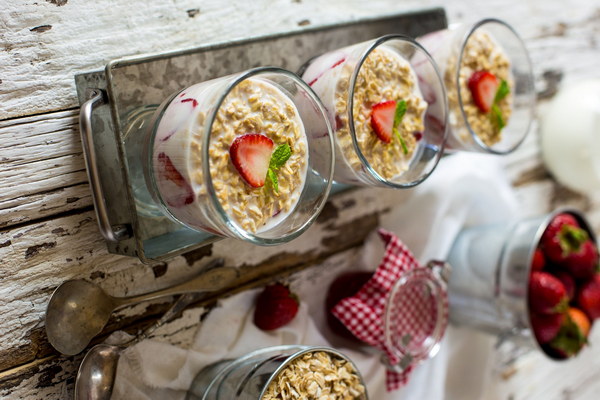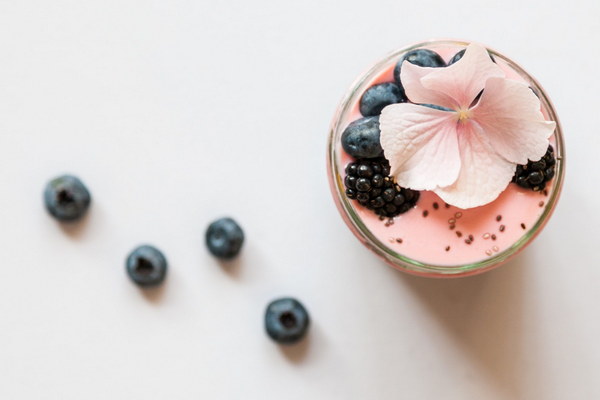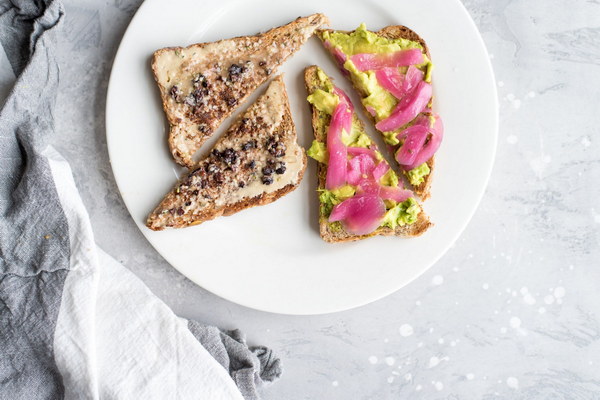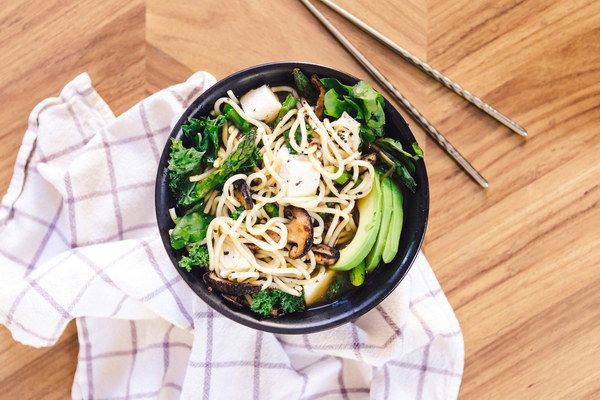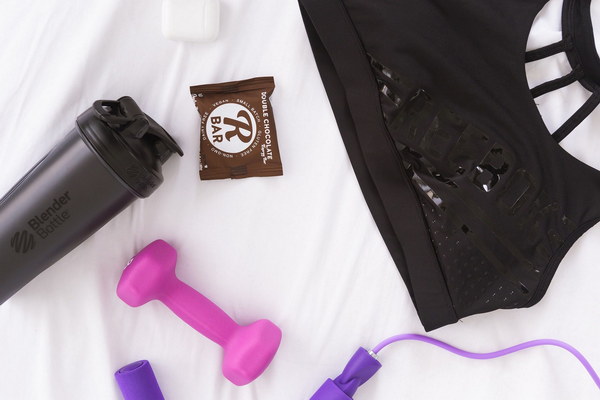Pregnancy The Unexpected Anti-Aging Secret for Women
Introduction:
When it comes to the myriad of changes that occur during pregnancy, one of the most surprising benefits is the potential for anti-aging effects. While the primary focus is often on the health of the baby, recent studies suggest that the hormonal changes and bodily adaptations experienced during pregnancy can actually promote anti-aging benefits for women. In this article, we will explore how pregnancy can act as a natural anti-aging process and the potential long-term effects on a woman's body and appearance.
I. Hormonal Changes and Skin Elasticity
One of the most notable anti-aging effects of pregnancy is the increase in hormones like estrogen and progesterone. These hormones are responsible for the pregnancy glow, but they also play a crucial role in maintaining skin elasticity. As women age, the production of estrogen and progesterone naturally decreases, leading to a loss of skin elasticity and the appearance of wrinkles. However, during pregnancy, the elevated levels of these hormones can help to preserve skin elasticity, potentially reducing the formation of wrinkles and fine lines.
II. Increased Collagen Production
Collagen is a key component of the skin, responsible for its strength and elasticity. As women age, the production of collagen decreases, leading to sagging and wrinkles. During pregnancy, the body experiences an increase in collagen production, which can help to maintain and even improve the skin's elasticity. This increase in collagen can lead to a more youthful appearance and a reduction in the signs of aging.
III. Improved Circulation
Pregnancy also brings about improvements in circulation. The body produces more blood to support the growing fetus, which can lead to better blood flow throughout the body. Improved circulation can help to nourish the skin and promote a healthy, radiant complexion. In addition, better circulation can help to prevent the formation of varicose veins and spider veins, which are often associated with aging.
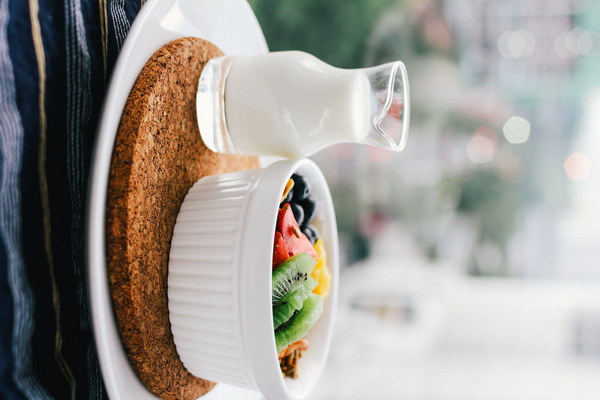
IV. Increased Relaxin Production
Relaxin is a hormone that helps to relax the ligaments and joints during pregnancy, allowing for the stretching and expansion of the uterus. This hormone also has anti-aging benefits. As women age, the ligaments and joints can become more rigid, leading to discomfort and pain. The increased production of relaxin during pregnancy can help to keep the joints supple and reduce the risk of joint-related pain and arthritis later in life.
V. Increased Fat Distribution
While many women are concerned about the weight gain associated with pregnancy, the redistribution of fat can actually have positive anti-aging effects. The increase in fat tissue can help to insulate the body, which can lead to a decrease in the risk of colds and flu. Additionally, the increased fat distribution can help to maintain a more youthful appearance by providing a padding effect that can reduce the appearance of cellulite and sagging skin.
Conclusion:
Pregnancy is a transformative experience that brings about a myriad of changes in a woman's body. While the primary focus is often on the health and development of the baby, recent research suggests that the hormonal changes and bodily adaptations experienced during pregnancy can have significant anti-aging benefits. From increased skin elasticity to improved circulation and joint health, pregnancy can act as a natural anti-aging process. As more women become aware of these potential benefits, it's important to recognize the positive impact pregnancy can have on a woman's overall health and appearance.

